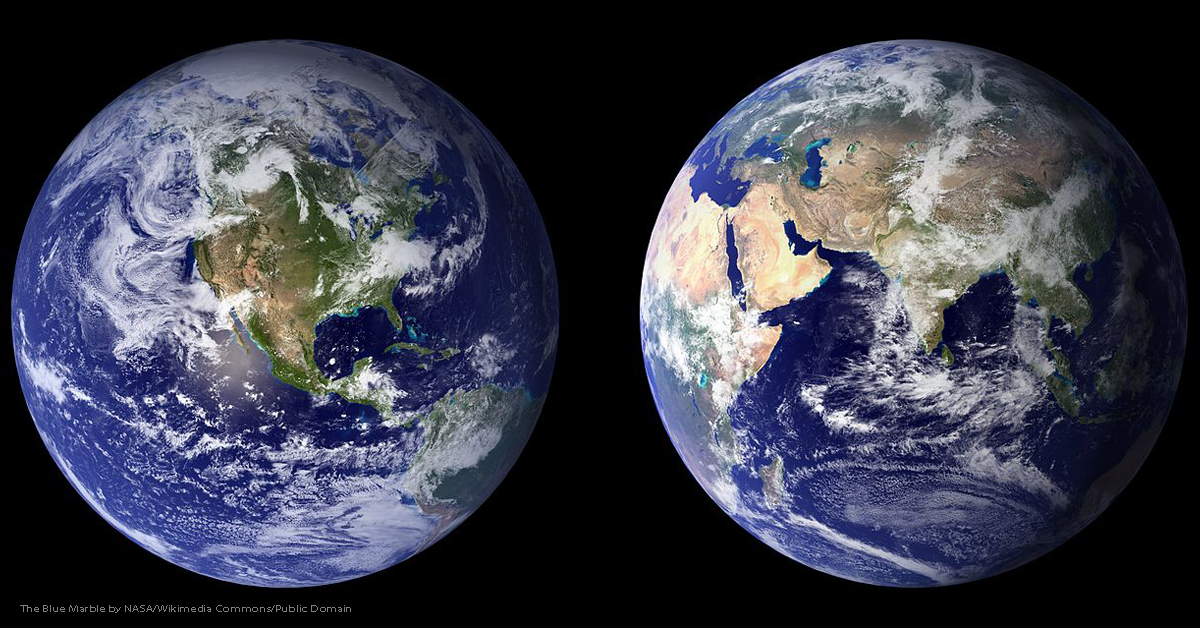Imagine this—you’re with a group of friends for a New Year’s Eve party. There’s a fire burning in the fireplace and hot cider in the kitchen. After some holiday food, there’s a time of singing. People begin to share some testimonies about what God is doing in their lives and what they’re learning from Scripture. One girl opens her Bible to share a verse that she just read in her devotions that morning—Genesis 1:28. Hmm . . . that’s an odd choice for a warm fuzzy verse. Then she reads it: “Be fruitful and multiply and replenish the earth and subdue it and have dominion over . . .. ” Now if this were my party, I would be starting to feel a little nervous right about now. I would want to know where she’s going with this.

Where is Genesis 1:28 going? Why is it in the Bible? This verse is significant not only because it gives us authority over all the animals. We would have been clear on that by the simple fact that we are made in God’s image (1:26). But it’s also significant because it gives us a mandate—the Creation Mandate—to rule over God’s world in His place and to maximize the usefulness of God’s creation for our good and His glory.
First of all, God commands Adam to have children. God wasn’t satisfied with one image-bearer; He wanted the earth to be full of people made in His own image. These people would use and change the natural world that God created. But that’s what God intended—thus His second command to subdue or govern the earth. God designed humans to be creative and to create in and with the world they live in. Everywhere these people went and lived, they were to rule over the creation. All the plants and the herbs would be for food (1:29). Even the most intelligent, powerful, and majestic of God’s animals would be the servants of human beings (1:28). Human beings occupy a place of awesome privilege because they bear God’s image. It’s a position not only of privilege but also of responsibility.
The weight of this responsibility started to sink in when Adam disobeyed God. Not only would Adam die, but so would all mankind with him (Romans 5:12). His wrong choice as a leader damaged everything he was supposed to be ruling over (Genesis 3:17–18; Romans 8:22). But Adam’s damage didn’t destroy God’s design of the world. Even God’s cataclysmic judgment with a worldwide flood didn’t undo His order. After the Flood, God reaffirmed each part of the Creation Mandate with Noah and his family (Genesis 9:1–20).
Today we are still directed by the Creation Mandate because we still live in the world that God created. Though sin has deeply affected God’s creation, the world still works. People are born every day, and they make useful things. In many cases, they’re fighting back against the effects of sin and the Curse. The Creation Mandate gives us a glimpse of what God created the earth to be and how we can live all of life to the glory of God. And that is something worth sharing with your friends at a New Year’s Eve party.
Leave a Reply